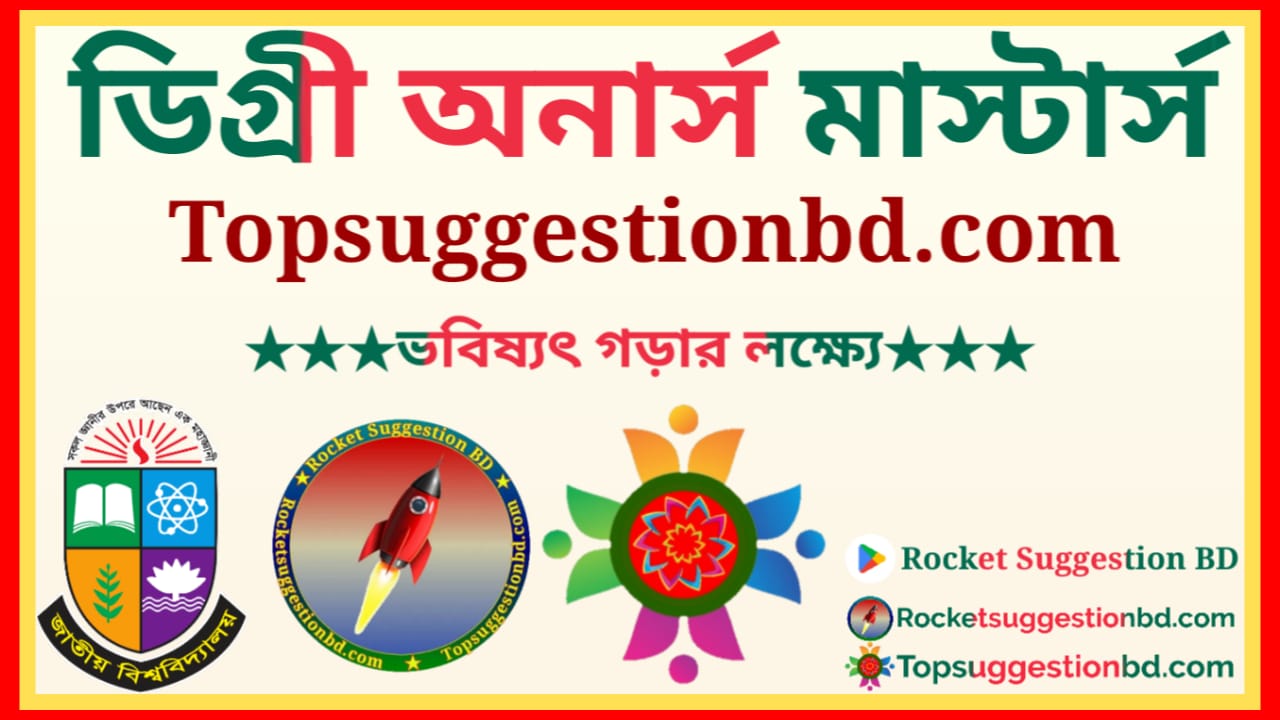
Indian society is diverse and rich in culture, and the institution of marriage plays a crucial role in shaping social norms, family structures, and individual identities. The marriage system in India is deeply rooted in traditions, religious beliefs, and cultural practices. Here are some key aspects to consider when discussing the Indian marriage system:
- Arranged Marriages:
- Arranged marriages are prevalent in Indian society, where families play a significant role in the matchmaking process.
- The emphasis is often placed on factors such as caste, religion, social status, and family background during the selection of a life partner.
- While the concept of arranged marriages has evolved, and individuals now have more say in the decision-making process, family approval remains important.
- Religious Diversity:
- India is a multi-religious country, with Hinduism, Islam, Christianity, Sikhism, Jainism, Buddhism, and others coexisting.
- Each religion has its own set of marriage rituals, ceremonies, and customs that contribute to the diversity of the overall marriage system.
- Caste System:
- The caste system has historically played a significant role in Indian society, influencing social interactions and marital alliances.
- While efforts have been made to reduce caste-based discrimination, it still persists in certain communities, affecting marriage choices for many individuals.
- Dowry System:
- The dowry system, though legally prohibited, still exists in various parts of India.
- Families of the bride are sometimes expected to provide significant financial and material gifts to the groom’s family, which can lead to social and economic pressures.
- Changing Trends:
- Modernization and urbanization have led to changing attitudes towards marriage in India.
- Younger generations often prioritize compatibility, love, and shared interests over traditional considerations like caste and religion.
- Inter-caste and inter-religious marriages are becoming more common, challenging the traditional norms.
- Women’s Role:
- The role of women in Indian society has been evolving, impacting marriage dynamics.
- Women are now more educated, financially independent, and career-oriented, contributing to a shift in power dynamics within marriages.
- Legal Reforms:
- Legal reforms have been introduced to address issues like child marriage, dowry, and domestic violence.
- The minimum age of marriage has been raised, and awareness campaigns are ongoing to challenge harmful practices.
- Love Marriages:
- While arranged marriages are still prevalent, love marriages are increasingly accepted, especially in urban areas.
- Love marriages often bridge cultural and religious divides, reflecting a more individualistic approach to partner selection.
In summary, the Indian marriage system is a complex and multifaceted institution deeply rooted in tradition, religion, and societal norms. While certain aspects have evolved over time, the system continues to be influenced by a mix of traditional values and contemporary trends, reflecting the diverse nature of Indian society.



